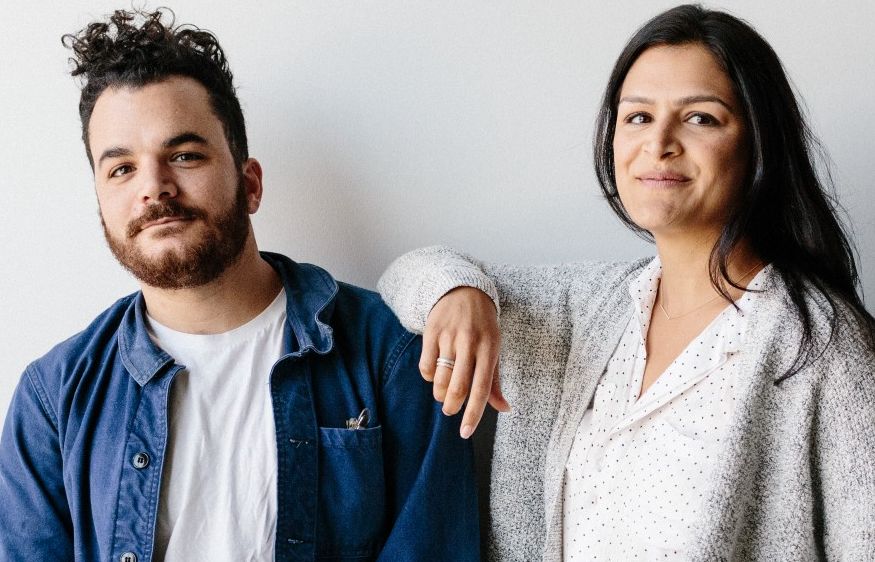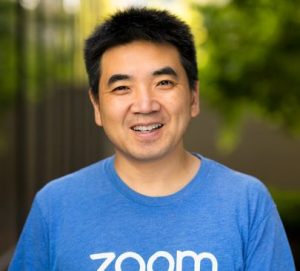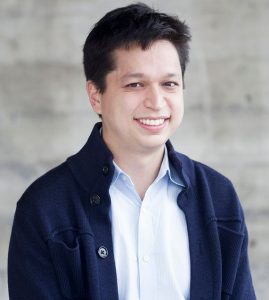Orkut Buyukkokten : Founder of Orkut, One of the First Social Media Network
The power of social networking sites has made our public life more scintillating and invigorating. Updating every single incident occurring in our life and getting to know about other people’s status, all at once, have attracted the audience, especially, the youngsters around the globe. But the history of social media dates back to long before you used a filter on Instagram or even updated the status on Facebook. On 24th January 2004, Orkut Buyukkokten created one of the first social networking websites, Orkut, which was under the acquisition of Google. Buyukkokten is a software engineer who worked at Google and did much more than creating Orkut.
Early life of Buyukkokten
Orkut Buyukkokten was born on 6th February 1975, in Konya, Turkey. After a year of his birth, the family shifted to Germany and came back to Turkey a few years later. Buyukkokten had already adopted a German accent by then and got admitted in the second standard after they moved back to Turkey. Buyukkokten always maintained good grades in school and started coding when he was only in the fourth standard. Büyükkökten, in one of his interviews, said that a bunch of students always bullied him at school.
Higher studies and career
Buyukkokten went to Bilkent University in Ankara, from where he graduated with a B.Sc. degree in Computer Engineering and Information Science. The time he had to go for his master’s, he almost had thought of dropping the idea of applying in Stanford, due to the high application fee. But, he eventually applied and made it to Stanford University.

After completing his M.S, he pursued a PhD degree from Stanford as well. He researched mainly on how to create a better and more efficient way of web browsing based on the devices used by individuals. And during his days in Stanford, while working for his thesis, he created a social network, Club Nexus, in 2001, for the students of Stanford University. The students of the university used the platform for chatting, finding people with similar interests, buying and selling products and many other things. He received a good response from the students, especially the undergraduates, and by opening this platform, he actually enhanced the interaction between the undergraduates and graduates.
Buyukkokten also introduced another social network, inCircle, which was for the Stanford Alumni Association. He wrote the entire code for these networking websites in C#, and as the number of users increased rapidly, he started using different serves to reduce the traffic.
In 2002, When Buyukkokten was in his final year, he eventually, started receiving job offers, and finally, he ended up in Google. Even after he joined Google, he worked hard to develop better social networking sites. He believed in bringing the entire world together on a single platform where people can enjoy, make new friends and socialize. Buyukkokten also launched a company, Affinity Engines, which later, sued both Google and Buyukkokten for trading secrets.
Success of Orkut.com
Since Buyukkokten gave 20% of his time to create a new social networking site, he finally, built one and, named it Eden. And then, after a suggestion by Eric Schmidt and Marissa Mayer, the name was changed to Orkut.com. Google launched Orkut on 22nd January, Buyukkokten being the creator of the platform. Starting it as a 20% project, it turned into a massive success that the company and Büyükkökten, himself, never expected. Though Affinity engines claimed the code of Orkut to be theirs, the lawsuit they filed against Google and Buyukkokten was settled in 2006. A lot of new features were added once the website went live. A logo was resigned in 25th August 2007, followed by second redesigning in 27th October 2009.
As the number of people making profiles in Orkut increased, Buyukkokten declared that it will also be released in 6 different languages (Hindi, Bengali, Marathi, Tamil, Kannada and Telugu). Orkut was launched worldwide and gained the most popularity in Estonia, Brazil and India. Buyukkokten decided to leave the team of Orkut.com in 2008 and started working as a product manager at Google.
In 30th June 2014, Google announced that it will be closing Orkut.com by 30th September 2014. But for the time span it existed, Orkut changed the face of social media by giving the common people a real experience of communicating virtually and socializing.
Hello
Buyukkokten launched another social networking site Hello, in 2016, which is having users from all over the world, and he, still, thrive to make the world a better place by connecting people through technology.
Personal life
His parent’s names are still unknown to most of the world. He was in an openly gay relationship, and eventually, married to Derek Holbrook. But later, they got separated. He has two children.

Annasha Dey is an NIT student, who apart from studying engineering is also a content writer. She has a great interest in photography, writing, reading novels, and travelling as well. She is a foodie who loves socializing and hanging out with her friends. She is also a trained Kathak dancer and a big fashion enthusiast. Dey also loves watching TV series, which includes F.R.I.E.N.D.S. and Big Bang Theory. To be a better writer she prefers to read more









